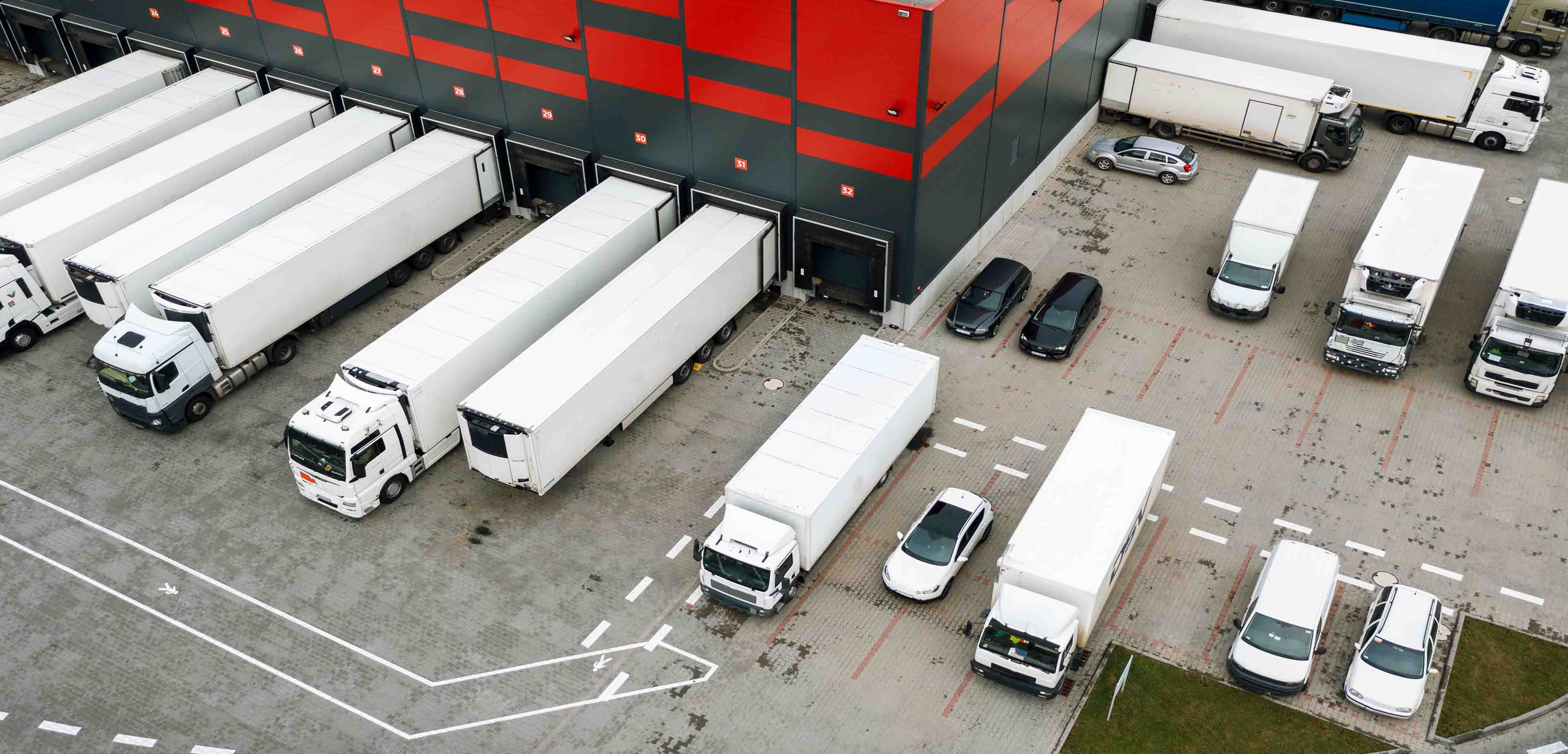In recent years, the urgency to address climate change and reduce carbon emissions has led to significant advancements in sustainable transportation. One such development is the optimization of electric vehicle (EV) fleets, which offer a range of environmental advantages over traditional gasoline-powered fleets. By adopting electric fleets and implementing optimization strategies, businesses can play a pivotal role in transitioning to a cleaner and greener transportation system.
Renewable Energy Integration
Optimising electric fleets allows for greater integration of renewable energy sources. Electric vehicles can serve as mobile energy storage units, providing an opportunity for bidirectional energy flow between the grid and the vehicles. By smartly managing the charging and discharging of electric fleet vehicles, excess renewable energy generated during low-demand periods can be stored in vehicle batteries and later fed back into the grid during peak demand. This integration of renewable energy helps to balance the grid, optimise energy usage, and reduce reliance on fossil fuels.
While it is important to consider tailpipe emissions, it is equally crucial to examine the overall life cycle emissions of vehicles. Electric vehicles have lower life cycle emissions compared to gasoline-powered vehicles when considering factors such as vehicle manufacturing, fuel production, and vehicle disposal. As renewable energy sources become more prevalent in the electricity grid, the life cycle emissions of electric vehicles will continue to decrease, making them even more environmentally friendly.
Another advantage of electric fleets is the reduction of noise pollution. Traditional internal combustion engines are known for their noise and vibrations, which can cause discomfort and disturbance in urban environments. Electric vehicles operate quietly due to their lack of engine noise, making them ideal for urban areas, residential neighbourhoods, and other noise-sensitive locations. By transitioning to electric fleets, fleet operators can contribute to quieter and more peaceful surroundings, promoting a better quality of life for communities.
Reduced Carbon Emissions
One of the most significant environmental advantages of optimising electric fleets is the substantial reduction in carbon emissions. Electric vehicles produce zero tailpipe emissions, which means that they do not release harmful pollutants into the atmosphere during operation. By transitioning from internal combustion engines to electric vehicles, fleet operators can make a substantial contribution towards mitigating climate change and improving air quality. Transportation is a major contributor to air pollution, which has severe health implications for both humans and the environment. Electric fleets can significantly improve air quality by eliminating emissions of pollutants such as nitrogen oxides (NOx) and particulate matter (PM). By opting for electric vehicles, fleet operators can help reduce respiratory ailments, enhance public health, and create cleaner and more livable cities. Furthermore, the remarkable aspect lies in the seamless integration of these EVs with transportation logistics software.
Statistics from a recent study conducted by the Ministry of Environment, Forest and Climate Change reveal environmental improvements resulting from the increased use of EVs in India. Fine particulate matter (PM2.5) levels decreased by an average of 35% in major cities where EV adoption was prominent, such as Delhi, Mumbai, and Bengaluru. Cases of respiratory illnesses, such as asthma and chronic obstructive pulmonary disease (COPD), witnessed a decline of approximately 25% in areas with higher EV adoption. The study also projected that by 2025, the transition to electric mobility could lead to an annual reduction of over 8 million metric tons of CO2 emissions, contributing to India's commitment to the Paris Agreement targets.
Towards a Sustainable Future
The government's efforts to promote EVs through incentives such as tax exemptions, subsidies, and the establishment of charging infrastructure have played a vital role in accelerating the adoption of electric vehicles nationwide. In addition, collaborations with the private sector and automakers to expand the range and affordability of EV models have further facilitated this transition. India is experiencing a significant surge in electric vehicle (EV) charging stations across the country. With the increasing adoption of electric vehicles, the infrastructure for charging them is rapidly expanding. This development plays a vital role in promoting sustainable transportation and reducing carbon emissions. The growth of EV stations indicates a promising future for clean mobility in India.
By reducing carbon emissions, improving air quality, integrating renewable energy, minimising noise pollution, and considering life cycle emissions, businesses can make a substantial positive impact on the environment. As technology advances and infrastructure for electric vehicles improves, the optimization of electric fleets will become an increasingly viable and beneficial option. Embracing this transition is not only environmentally responsible but also economically advantageous, creating a win-win scenario for both businesses and the planet. India's shift towards electric vehicles has demonstrated its potential to address the pressing environmental challenges faced by the country.
The significant reductions in air pollution, carbon emissions, and the subsequent improvements in public health outcomes underscore the importance of sustainable transportation solutions. With continued support from policymakers, industry stakeholders, and increased awareness among consumers, the environmental gains achieved through the adoption of EVs in India are expected to accelerate, leading the way towards a cleaner and greener future.
